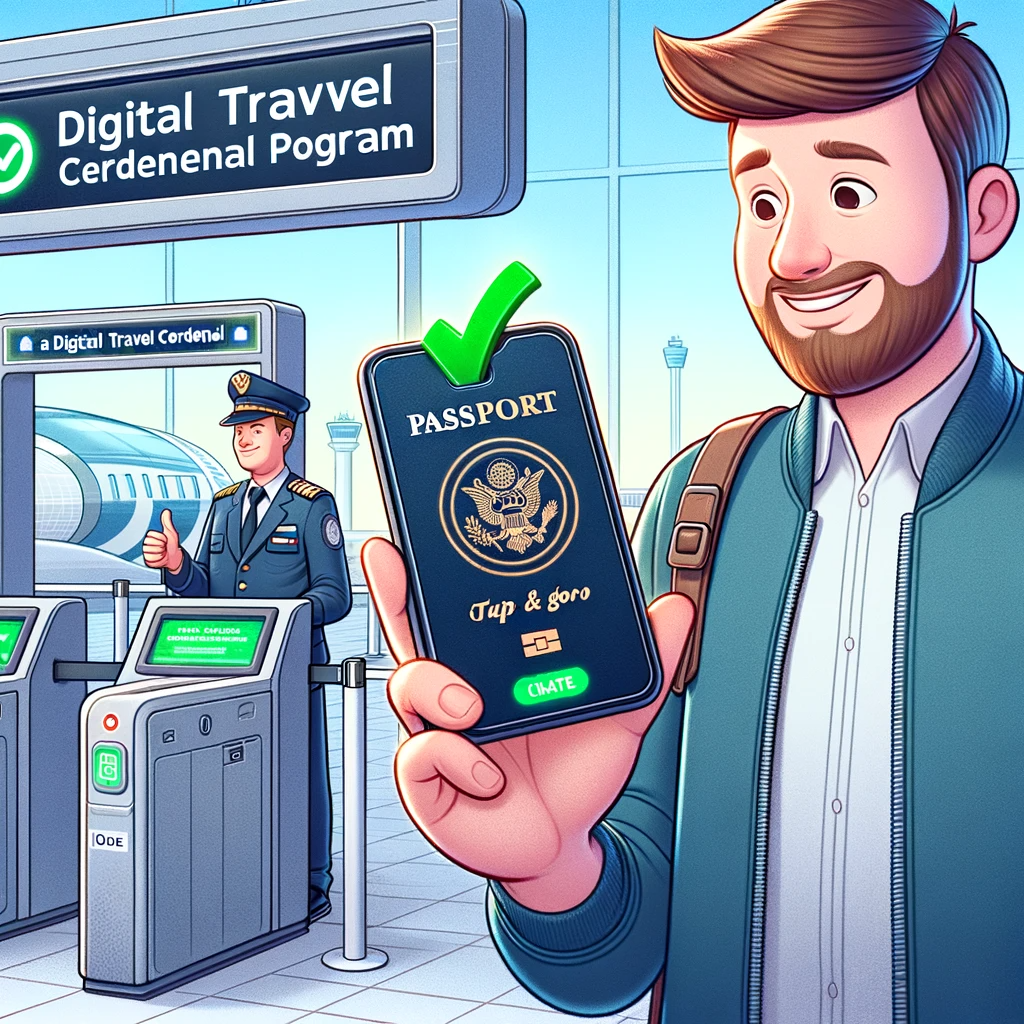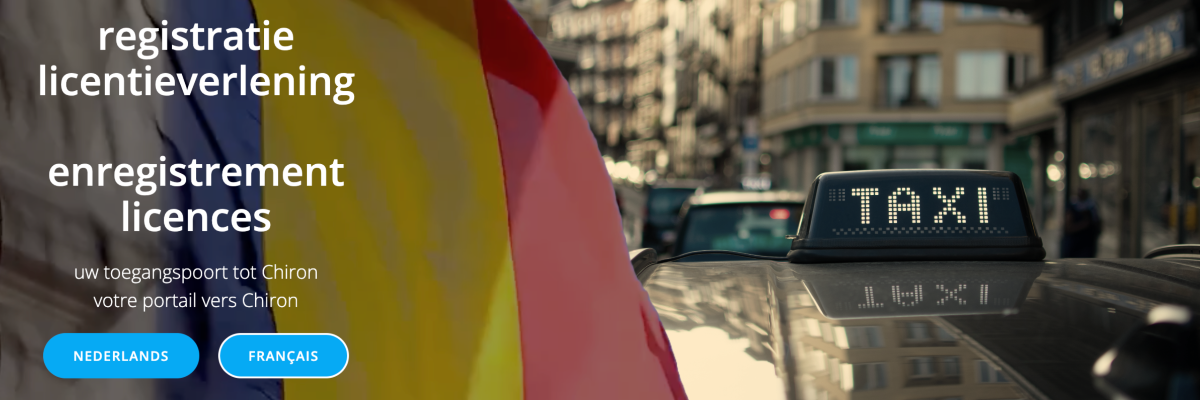The experiences gained from the pilot will be used for the Dutch one input in the negotiations on the above-mentioned EC proposal.
The Dutch government has announced that the pilot for the Digital Travel Credential (DTC) program, an initiative for digital travel documents, will start on January 10, 2024. This innovative program, designed to make border processes more efficient, represents significant progress in the how travelers handle official documentation.
The DTC pilot is a response to the European Commission's intentions to issue a draft regulation for the digitization of travel documents in 2024. The DTC concept, where a traveler shares his data with border authorities and/or airlines prior to travel, is designed to streamline border processes and accelerate the flow of bona fide travelers at busy border crossing points.
The Dutch pilot, a collaboration between various ministries, the Royal Military Police, the National Identity Data Service, KLM, Schiphol and technology supplier Idemia, is open to Dutch, Belgian and Canadian passport holders aged 18 and over who travel on a KLM flight from Canada to The Netherlands. These pilot participants create a DTC themselves by reading the chip of their passport via a specially developed smartphone application. An important part of this process is taking a selfie, which is then compared to the photo in the passport chip to verify the traveler's identity.

This advanced technology offers potential benefits for both travelers and border control authorities. For example, the Royal Military Police can carry out some checks before border crossing, making the process at the border itself faster and more efficient. Upon arrival, pilot participants can use a 'tap & go' gate, where a photo of the traveler is compared with the photo from the passport chip.
The DTC also benefits the aircraft boarding process, which currently involves visual checks by airline employees. The use of biometric passenger verification can make this process more reliable and efficient.
In accordance with the GDPR (General Data Protection Regulation), the privacy of the pilot participants is strictly protected. Participants will be asked for explicit consent to the processing of their personal data prior to the trip, and this consent can be withdrawn at any time. It is important to emphasize that the DTC is not a replacement for the physical passport; travelers must still carry their physical documents.
The findings of this pilot will be reported to the European Commission and will provide important insights for the development of future legislation in this area. These experiences will also contribute to the Dutch efforts in negotiations on proposals from the European Commission.



